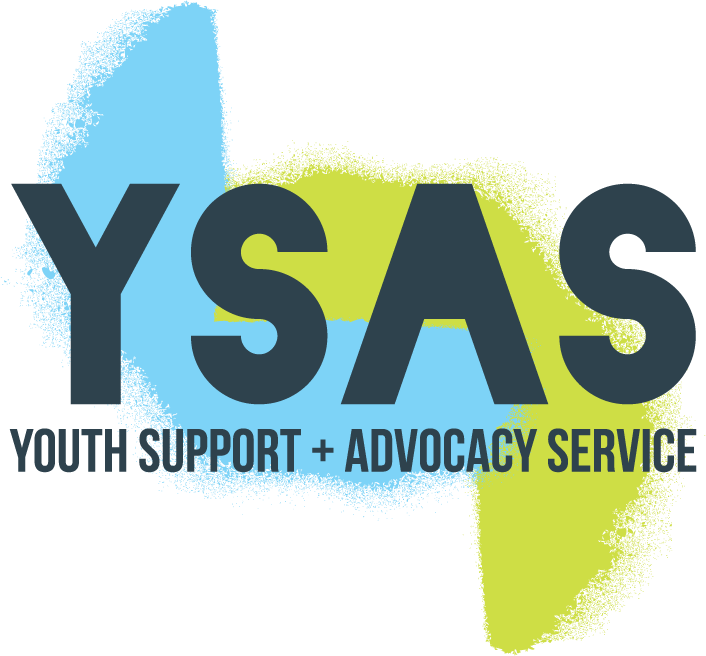Youth AOD Work
Mental health as a resource for life
If you ask a young person how their mental health is they often answer according to whether or not they have problems.
The World Health Organisation (WHO) however, defines Mental Health as more than just the absence of mental illness. This broader definition means that just as physical health encompasses fitness, wellbeing and our bodies ability to accomplish the tasks we set it, mental health can be understood as a positive concept or a resource for life.
It is also important reminder that concepts of health and mental health are much bigger than the domain of medicine or health care and young people can take the lead in building up their own mental health.
So, if mental health isn’t just the absence of mental illness then what constitutes good mental health and why is it important to promote?
According to WHO, health is a state of complete physical, mental and social well-being so mental health can be understood as the mental wellbeing component of overall health.
Mental health is hard to quantify but young people can be described as having good mental health if they have things such as:
- high levels of life satisfaction
- overall happiness,
- a sense of optimism
- well-being
- a sense of meaning and connectedness
Why is it important to promote mental health?
- Good mental health promotes good overall health.
- Good mental health can reduce the intensity of illness and can even influence physical functioning .
- Crucially, (and further cementing the difference between mental health and mental illness), the effects and consequences of mental illness can be mitigated and reduced by good mental health, allowing people to live more satisfying lives despite illness.
The idea that mental health can help people cope in otherwise difficult circumstances aligns mental health with contemporary concepts of resilience, the capacity for individuals to not only overcome but be strengthened by adversity or illness.
Despite being an internal resource, mental health is actually determined by environmental factors as well as biological or psychological factors. So, as a youth worker supporting a young person, helping to strengthen social environments, providing social support, and providing opportunities for young people to participate socially and economically can all promote good mental health and help young people overcome problems.







































